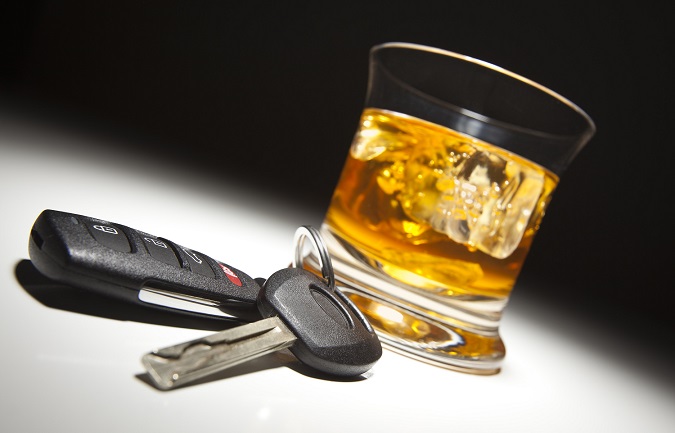1) Inadequate or broken observation period. In order to properly read your BAC by a breath test, the testing officer must observe you continuously for at least 15 minutes before taking a sample. If you belch, vomit, or regurgitate gas in your mouth before the test, your BAC may read inaccurately high. If the officer has not observed you continuously for 15 minutes prior to measuring your BAC, it will be impossible for him to say that you did contaminate your own breath test.
2) Something in your mouth causes an inaccurate reading. Common items such as cough drops, breath mints, or chewing tobacco may remain in your mouth when a breath test is administered and can contaminate the results.
3) Your own personal medical history. If diagnosed prior to your arrest for DUI, many conditions, such as gastric reflux disease, intestinal problems, diabetes, and respiratory problems, can be used to show the likelihood of an inaccurate BAC reading from a breath test.
4) Your own personal dental history. Gum disease, gingivitis, and pockets around the roots of your teeth, as well as dentures or bridgework may trap alcohol in your mouth and contaminate a breath sample.
5) Your behavior or actions do not match test results. If there are witnesses, video tape, or observations by officers that suggests you were not intoxicated, it may be possible to challenge the readings from a breath test.
6) Rising blood alcohol level. If your first breath sample registers slightly over the legal limit, and a second sample taken later is higher, it is clear your BAC is rising. If this is the case it may be possible to argue that, at the time you were driving, your BAC was not over the legal limit.
7) Inexperience or incompetence of the arresting or testing officer. If the officer who arrested you or took your breath sample is not trained in the proper procedure or fails to follow protocol it may be possible to have the results of the improperly administered breath test thrown out.
8) Accuracy of the breath test machine. An artificially high reading can result from interference with the circuitry of a machine due to radio interference, shared power sources, or smoking in or near the machine.
9) Irregular samples. Consecutive BAC readings that vary a great deal can be used to challenge the accuracy of breath samples.
10) Statutory time limit. The prosecution must prove that the breath sample was obtained within three hours of the time you were driving in order to invoke the presumption that you were intoxicated at the time you were driving.
If you or your loved one is currently facing a DUI charge. You must call us now to go over your rights. 888-280-6839. You have 10 days from the date of your DUI arrest to contact the DMV to set a DMV hearing or you will lose your driver’s license. We have over 30 years of experience defending clients. We have offices in Los Angeles, Riverside, Ventura, San Bernardino, Orange Counties. We will be there when you call.



